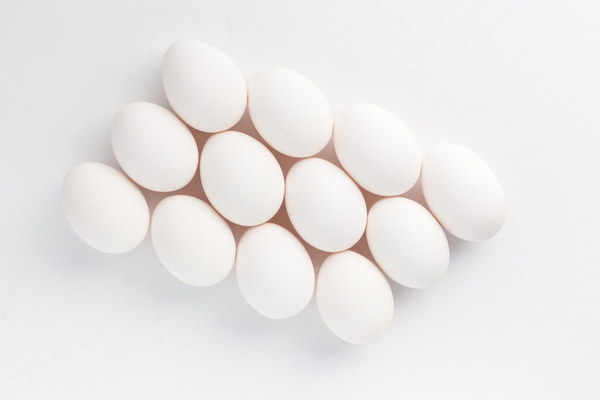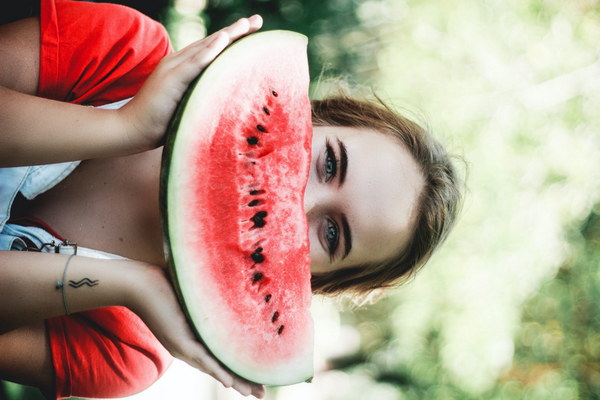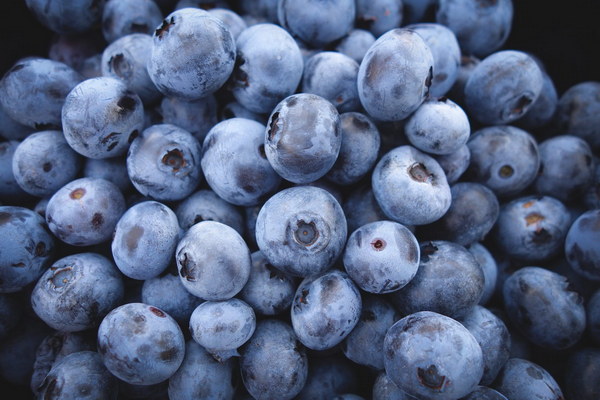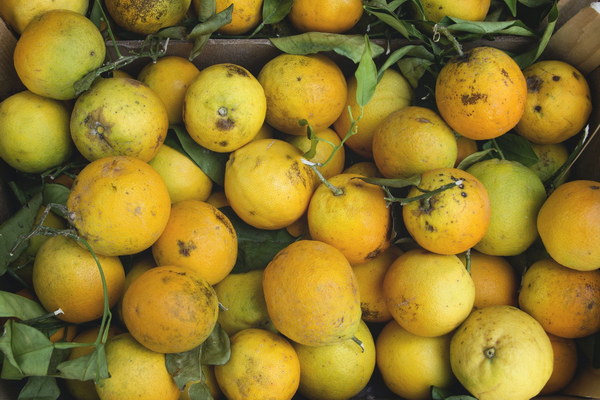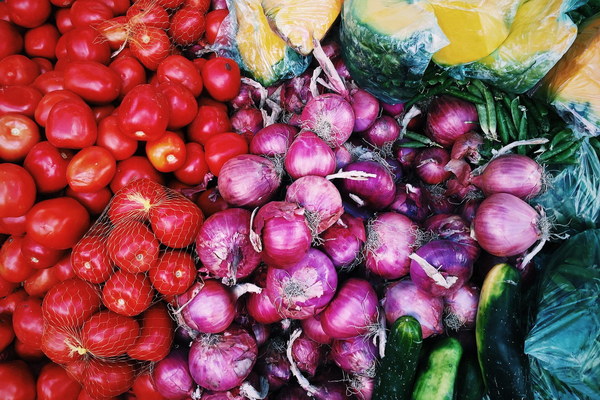Post-Health Supplement Navigating the Dos and Don'ts of Diet Restrictions
After taking health supplements, it is crucial to understand the importance of dietary restrictions. While supplements can provide essential nutrients and support overall health, certain foods and drinks can interfere with their effectiveness or lead to adverse reactions. This article will guide you through the dos and don'ts of post-supplement diet restrictions.
1. Dos:
a. Stay hydrated: Water is essential for the body to absorb and utilize nutrients effectively. Drink plenty of water throughout the day, especially if you are taking supplements that increase urine production, such as diuretics.

b. Consume a balanced diet: A well-rounded diet ensures that you receive all the necessary nutrients your body needs. Incorporate a variety of fruits, vegetables, whole grains, lean proteins, and healthy fats into your meals.
c. Include foods rich in antioxidants: Antioxidants help protect your body against oxidative stress and may enhance the effectiveness of certain supplements. Foods high in antioxidants include berries, dark chocolate, nuts, and green tea.
d. Maintain a regular sleep schedule: Good sleep habits can improve the absorption of nutrients and support overall health. Aim for 7-9 hours of quality sleep per night.
2. Don'ts:
a. Avoid alcohol: Alcohol can interfere with the absorption of some nutrients and may exacerbate side effects of certain supplements. It is best to limit or avoid alcohol consumption while taking supplements.
b. Stay away from caffeine: Caffeine can interact with certain supplements, such as iron and calcium, and may cause adverse reactions. If you are taking supplements that are affected by caffeine, try to reduce or eliminate your caffeine intake.
c. Limit sugar and processed foods: High sugar and processed foods can decrease the effectiveness of supplements and contribute to health issues. Opt for whole foods and natural sweeteners to maintain a healthy diet.
d. Avoid foods high in oxalates: Some supplements, like calcium and iron, can form crystals when combined with oxalates found in certain foods, leading to kidney stones or other health problems. Foods high in oxalates include spinach, rhubarb, and beetroot.
e. Be cautious with certain medications: Some supplements may interact with medications you are currently taking. Consult your healthcare provider before starting any new supplement to ensure they are safe for you and won't interfere with your medications.
In conclusion, following the right diet after taking health supplements is crucial for maximizing their benefits and avoiding potential side effects. By staying hydrated, consuming a balanced diet, including antioxidants, and avoiding alcohol, caffeine, processed foods, and certain medications, you can help ensure that your supplements work effectively and support your overall health. Always consult with a healthcare professional before starting any new supplement regimen and before making significant changes to your diet.
